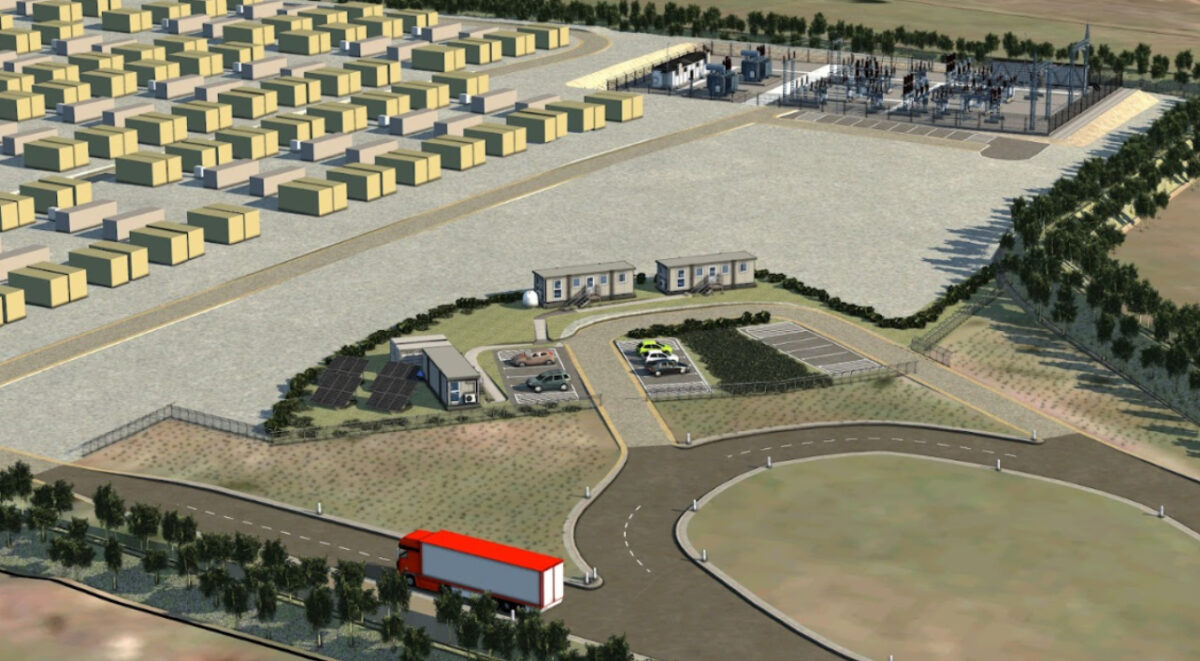Queensland-based Libra Energy has announced the development applications for the Bremer Battery Project – an 850 MW, four-hour battery energy storage system being developed near Ipswich in the state’s southeast – have been submitted to planning authorities for approval.
The Bremer project originally included plans for a 150 MW solar farm but Libra has shelved that proposal, saying “it is not economical to proceed with a solar project at this time.”
The focus has instead narrowed to delivering a standalone battery energy storage system that Libra said will serve as a critical tool to soak up excess solar and enhance the security and reliability of the grid in the region.
Queensland is home to more than one million rooftop solar installations and the state government is targeting 70% renewables energy by 2032 and 80% by 2035 as it transitions from a reliance on coal-fired power.
Libra Chairman Rod Stephenson said with so much solar power being generated in Queensland, it is essential to proceed with a large battery to soak up the excess generation.
“We need initiatives that help boost storage capacity in the energy grid,” he said. “Queenslanders have installed rooftop solar with the expectation of reducing the cost of their own energy usage and selling excess generation into the grid.”
“Grid-scale batteries are necessary to ensure Queenslanders can continue to sell their excess energy into the grid.”
The Bremer battery is being developed on an estimated 15-hectare site near Rosewood, about 20 kilometres west of Ipswich, and Libra said the facility has been “designed to integrate seamlessly into the energy grid.”
The project site will connect to the National Electricity Market via existing Powerlink transmission lines that travel near the site.
Libra, which according to company website has until now focused on developing solar and wind projects in Africa and Asia, said it has completed the project scoping study for the Bremer battery and received the green light from the grid operator.
The Brisbane-headquartered company said it is now working on the pre-feasibility study and connection application and, subject to approvals, the battery could commence operations in 2027.
This content is protected by copyright and may not be reused. If you want to cooperate with us and would like to reuse some of our content, please contact: editors@pv-magazine.com.









4 comments
By submitting this form you agree to pv magazine using your data for the purposes of publishing your comment.
Your personal data will only be disclosed or otherwise transmitted to third parties for the purposes of spam filtering or if this is necessary for technical maintenance of the website. Any other transfer to third parties will not take place unless this is justified on the basis of applicable data protection regulations or if pv magazine is legally obliged to do so.
You may revoke this consent at any time with effect for the future, in which case your personal data will be deleted immediately. Otherwise, your data will be deleted if pv magazine has processed your request or the purpose of data storage is fulfilled.
Further information on data privacy can be found in our Data Protection Policy.